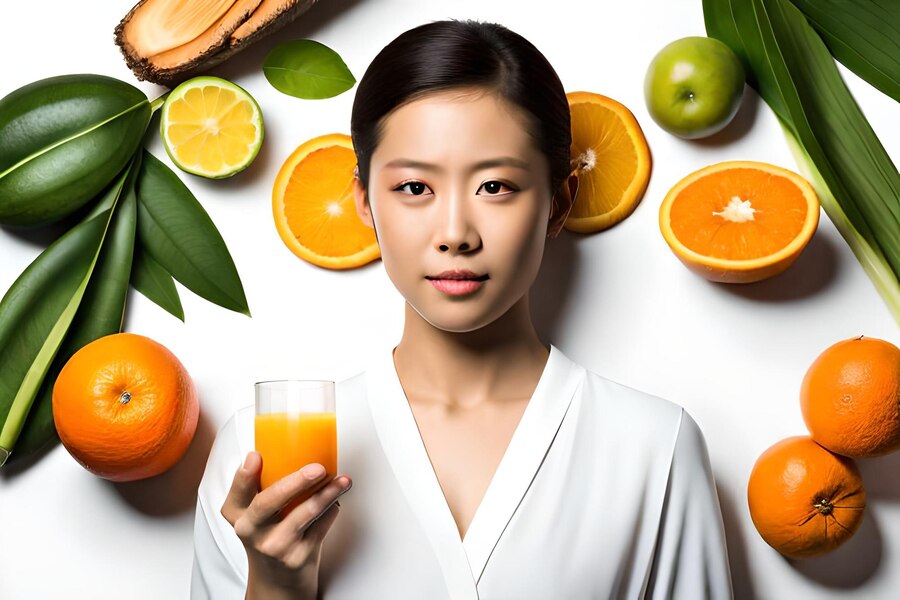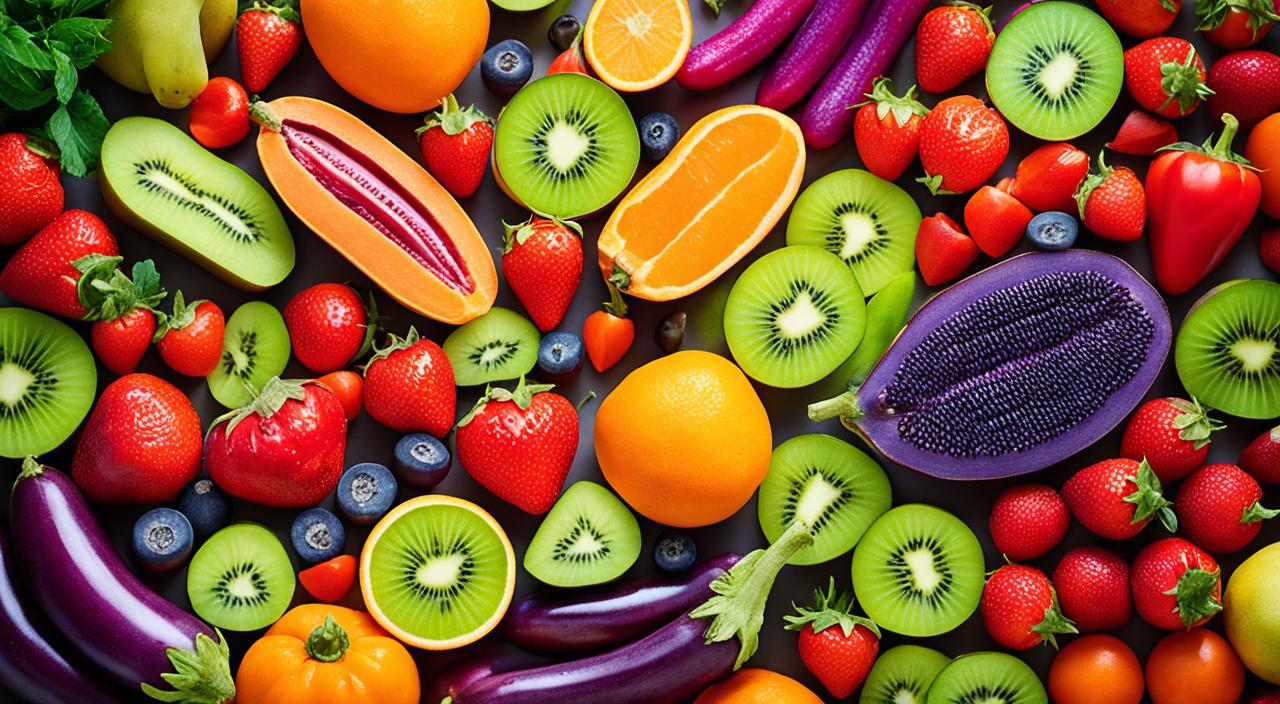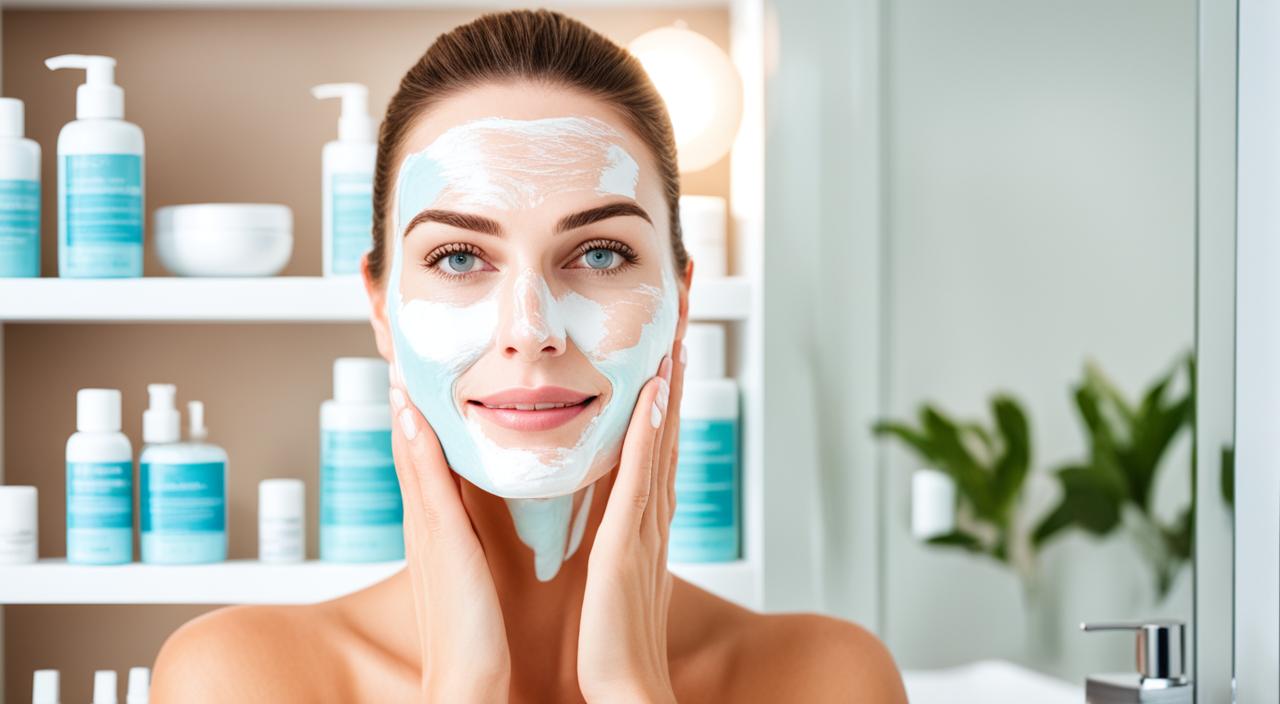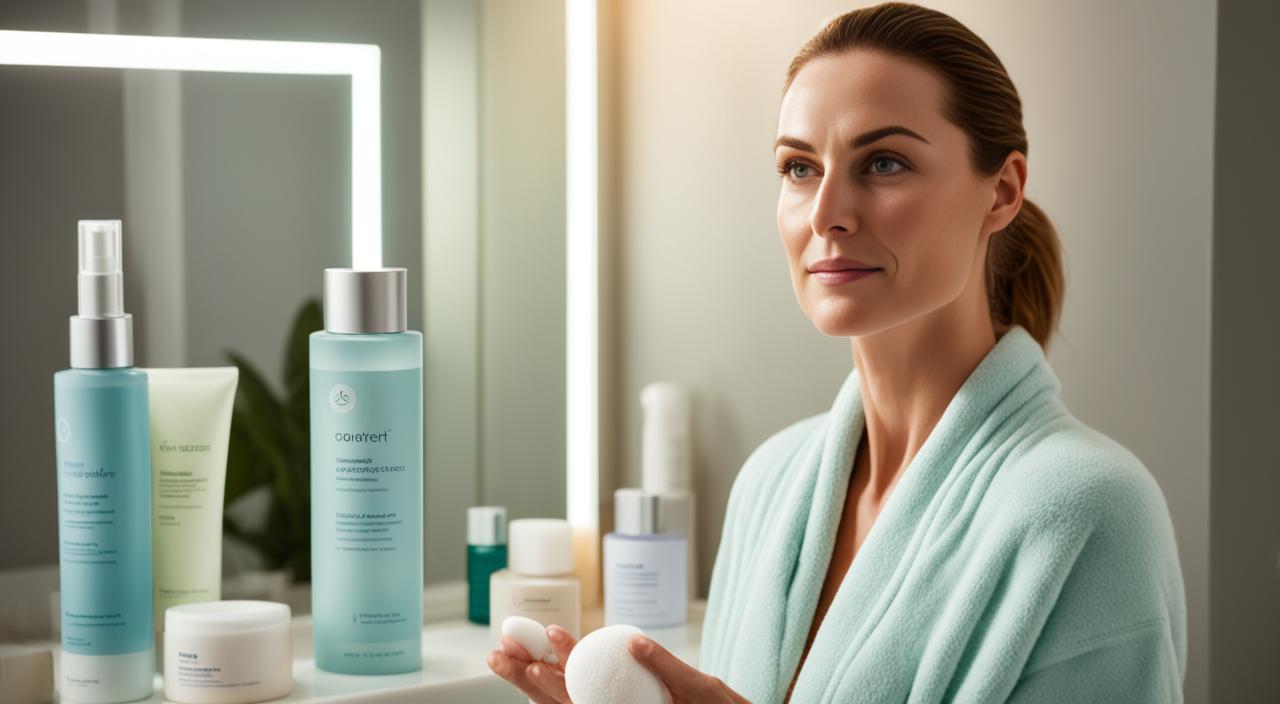The Ultimate Skincare Diet Guide For Teens

Good skin is something that every teen wants, yet many struggle to achieve it. With so much conflicting advice out there, it can be hard to figure out what to do to achieve healthy skin. But fear not, because this ultimate skincare diet guide for teens has all the information you need to get your skin looking its best.
This guide will help you understand the importance of nutrition, the benefits of a healthy lifestyle, and the key skincare tips to get you on your way to glowing skin. By following the advice in this guide, you’ll be well on your way to achieving that coveted clear, healthy skin. So, let’s get started!
1) Best Foods To Eat For Healthy Skin
Let’s begin by taking a closer look at what eating for healthy skin actually entails. There are three main things you need to focus on in order to achieve great skin from a nutritional standpoint. These are: Getting enough antioxidants, getting enough zinc, and eating enough omega-3 fatty acids. Let’s break down these three for you so you know exactly what you need to be eating for healthier skin.
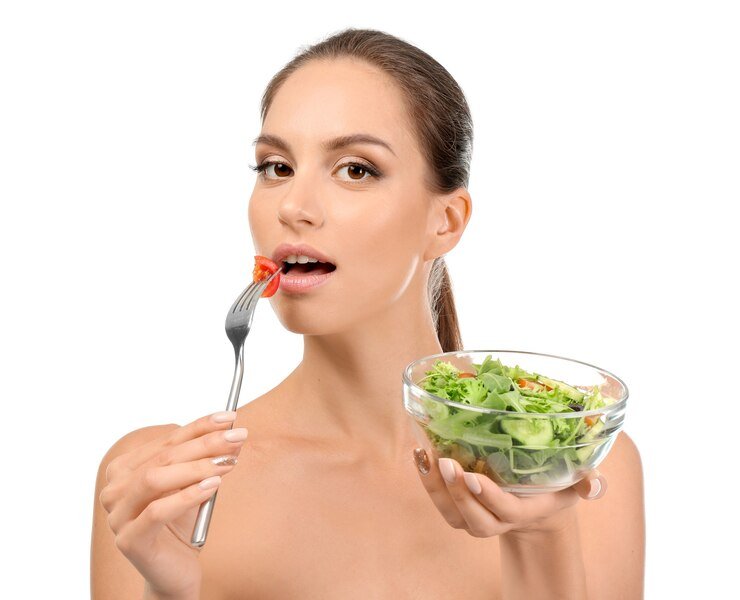
Getting enough zinc As we age, our skin naturally loses zinc, which can cause visible signs of aging like wrinkles, sagging, and dull skin. If you’re not getting enough zinc in your diet, you risk your skin actually losing it from your body. Luckily, there are many foods rich in zinc, making it easy to increase your intake to keep your skin looking young. Some good sources of zinc include oysters, pumpkin seeds, yogurt, and whole grains.
2) Foods to Include in Your Diet
Now that we’ve broken down the three most important aspects of eating for healthier skin, it’s time to look at some specific foods you should be eating more of. Let’s begin with antioxidants. Antioxidant-rich foods – As we discussed earlier, antioxidants are important for removing free radicals from your body, which can damage your skin. Luckily, there are a ton of foods that contain antioxidants. Some of the best antioxidant-rich foods are dark chocolate (the darker, the better), blueberries, broccoli, red bell peppers, kale, and strawberries.

Zinc-rich foods One of the best ways to increase your zinc intake is to eat more foods high in this mineral. Some of the best zinc-rich foods are oysters, pumpkin seeds, yogurt, and whole grains. Omega-3 fatty acid-rich foods As we discussed earlier, eating foods high in omega-3 fatty acids is essential for achieving healthy skin. Some of the best omega-3 fatty acid-rich foods are salmon, sardines, mackerel, avocados, walnuts, and almonds.
3) Foods to Avoid
Now that we’ve covered what you should be eating for healthier skin, it’s time to talk about what you should be avoiding. Let’s begin with caffeine. Caffeine-rich foods – Although caffeine can provide short-term energy, studies show that it can actually cause long-term damage to your skin. Not only will caffeine dehydrate your skin, but it can increase premature aging. Some of the worst caffeine-rich foods are coffee, tea, chocolate, energy drinks, and even soda.

Sugar-rich foods Eating too much sugar can actually lead to a reduction in collagen, which is a key component of healthy skin. Some of the worst sugar-rich foods are cookies, pastries, and soda. Trans fats rich foods Trans fats are extremely unhealthy both for your body and your skin. When you eat foods high in trans fats, they clog your pores, leading to breakouts and even acne. Some of the worst trans fat-rich foods are donuts, cookies, and fast food.
4) Supplements For Skin Health
As we discussed earlier, certain vitamins and minerals are essential for healthy skin. However, it can be difficult to get all the nutrients you need from food alone. This is why many people choose to supplement with vitamins and minerals. When it comes to supplementing for better skin, there are two important vitamins you should consider taking. The first is Vitamin A, which helps to maintain the health of skin cells by keeping them hydrated. Vitamin A also promotes collagen production, which keeps your skin smooth and firm. The second important vitamin is Vitamin C, which can boost your collagen production and protect your skin from sun damage.
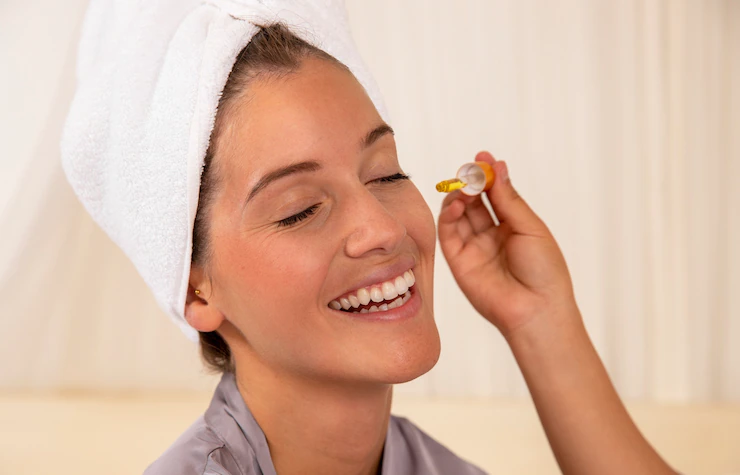
When it comes to minerals, zinc and magnesium are two important ones to take a daily supplement of. Zinc is essential for maintaining a healthy immune system, which protects your skin. Magnesium is essential for healthy skin as well. It not only reduces inflammation, but also promotes healthy cell growth, which keeps your skin looking bright and clear.
5) Skincare Diet Do’s and Don’ts

Do’s
- Stay hydrated
Water is crucial for healthy skin. Water helps flush out the toxins from the body and brightens the skin, opens up the pores and gives a naturally healthy look.
- Healthy diet
Following a healthy diet brings a glow to the skin. It is a good idea to add a lot of greens, berries and veggies to the meal. Try having raw tomatoes and fruits as they help brighten the skin.
- Wash and moisturize the skin
The pores in the skin get clogged throughout the day from dirt, dust and oil. Cleaning the face every morning and every evening is always recommended to remove this dirt and oil. After washing, it is important to apply a moisturizer with 30 SPF or higher.
- Use sunblock
Using sunscreen is an important part of skin health care habit that should be maintained all year, including the winter season. The depletion of the ozone layer has increased the risk of sun damage from harmful UV rays. Sunscreen blocks these rays, significantly reducing the likelihood of sunburn. Look for products with an SPF of 30 and use each and every day.
Don’ts
- Smoking
Smoking can cause a lot of harm to the skin. It accelerates aging and also depletes the nutrients and vitamins required for healthy skin.
- Over the counter (OTC) medicines or creams
Do not use OTC creams or medicines to enhance the quality of the skin, unless suggested by a dermatologist. The medicines or creams used may cause side effects that can worsen the already existing problems.
- Don’t pick
Often pimples may develop on the skin because of increased secretion of skin oil. Don’t touch the pimples with the nail. They can become septic and leave the face with marks.
Also Read- What You Need To Know About Vitiligo: Causes, Symptoms And Treatment
Conclusion
We hope this ultimate skincare diet guide has helped you learn how important it is to eat right to achieve healthier skin. To get the most out of your skincare diet, it’s important to get plenty of sleep, drink lots of water, and practice self-care. It’s also important to make sure you’re eating the right foods to get the most out of your skincare diet.

